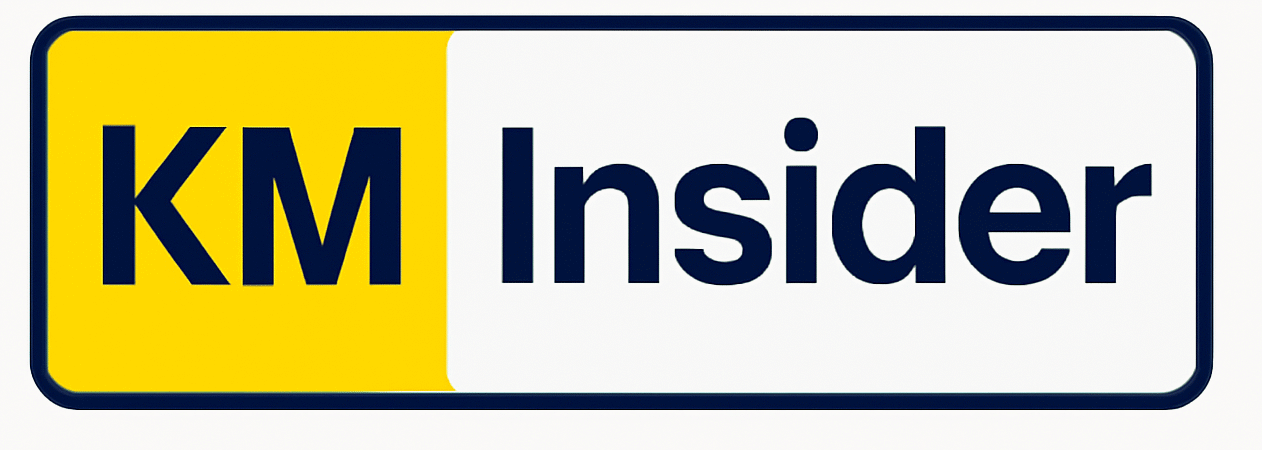Knowledge is power—until it becomes a burden.
In the race to capture, store, and share every piece of information, many organizations unknowingly create a monster: information overload. What starts as a well-intentioned knowledge management (KM) system can quickly turn into a chaotic, overwhelming mess. Employees drown in documents, outdated files clutter search results, and critical insights get lost in the noise.
This is the dark side of knowledge management—when too much information becomes toxic.
The Problem: More Isn’t Always Better
Imagine walking into a library where books are piled on the floor, stacked on chairs, and crammed into shelves with no order. Some books are outdated, some are duplicates, and some are missing pages. Now imagine trying to find a single piece of useful information in that chaos.
This is what happens in many organizations.
- Duplicate & outdated knowledge: Multiple versions of the same document confuse users.
- Information hoarding: Employees save files “just in case,” creating digital clutter.
- Search fatigue: The more data there is, the harder it is to find what’s actually useful.
- Decision paralysis: Too many options lead to slower, less confident choices.
A study by IDC found that knowledge workers spend nearly 30% of their time searching for information—time that could be spent on actual work.
Why Does This Happen?
1. The “Save Everything” Mentality
Many companies treat knowledge management like digital hoarding—collecting everything without curation. The assumption is that more data equals better decisions, but unstructured knowledge is just noise.
2. Lack of Governance
Without clear rules on what to keep, update, or delete, KM systems become digital landfills. No one takes ownership of pruning outdated content, so the mess grows.
3. Poor Search & Retrieval Systems
Even the best knowledge base is useless if employees can’t find what they need quickly. Bad search functions, weak tagging, and no AI filtering make retrieval frustrating.
4. Culture of Documenting, Not Applying
Some teams focus so much on capturing knowledge that they forget to use it effectively. Documentation becomes a checkbox activity rather than a tool for efficiency.
The Consequences of Toxic Knowledge
- Decreased productivity: Employees waste time sifting through irrelevant data.
- Increased frustration: Poor KM leads to disengagement—people stop trusting the system.
- Knowledge decay: Important insights get buried under outdated or redundant content.
- Higher turnover: Frustrated employees leave when they can’t access what they need.
How to Fix It: From Toxic to Optimized Knowledge
1. Audit & Purge Ruthlessly
- Regularly review content and delete or archive what’s outdated.
- Implement a “sunset rule”—if a document hasn’t been accessed in 6-12 months, archive it.
2. Implement Strong Governance
- Assign knowledge stewards to oversee content quality.
- Establish clear guidelines on what to document (and what not to).
3. Improve Search & Accessibility
- Use AI-powered search (like Microsoft Viva or Guru) to surface relevant content.
- Tag and categorize information effectively—metadata matters.
4. Focus on Actionable Knowledge
- Encourage just-in-time knowledge—documents should solve immediate problems.
- Replace long manuals with bite-sized, easily digestible content.
5. Foster a Knowledge-Conscious Culture
- Reward employees for updating and improving knowledge, not just creating it.
- Train teams on how to use KM tools effectively—not just how to dump files.
Final Thought: Quality Over Quantity
Knowledge management shouldn’t be about storing as much as possible—it should be about delivering the right information at the right time. When done well, KM boosts productivity, innovation, and employee satisfaction. When done poorly, it becomes a silent productivity killer.
The goal? Less clutter, more clarity.
Subscribe to receive notifications for free webinars on Knowledge Management.
Read: What is the future of knowledge management? Trends, Value, and Projections for 2030
